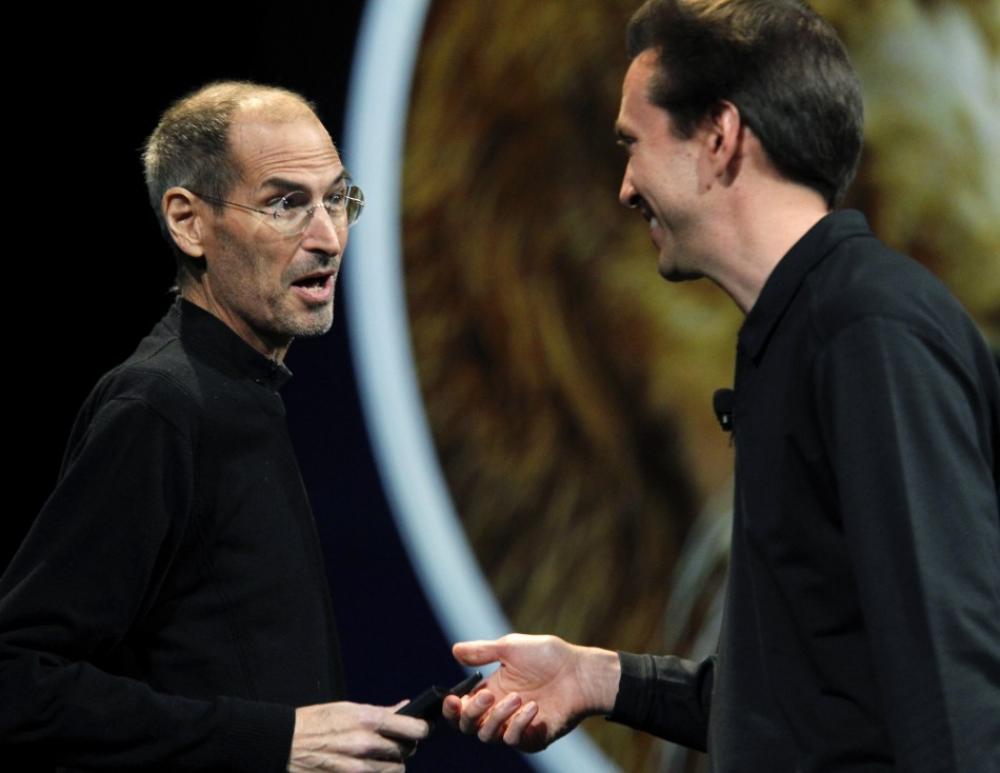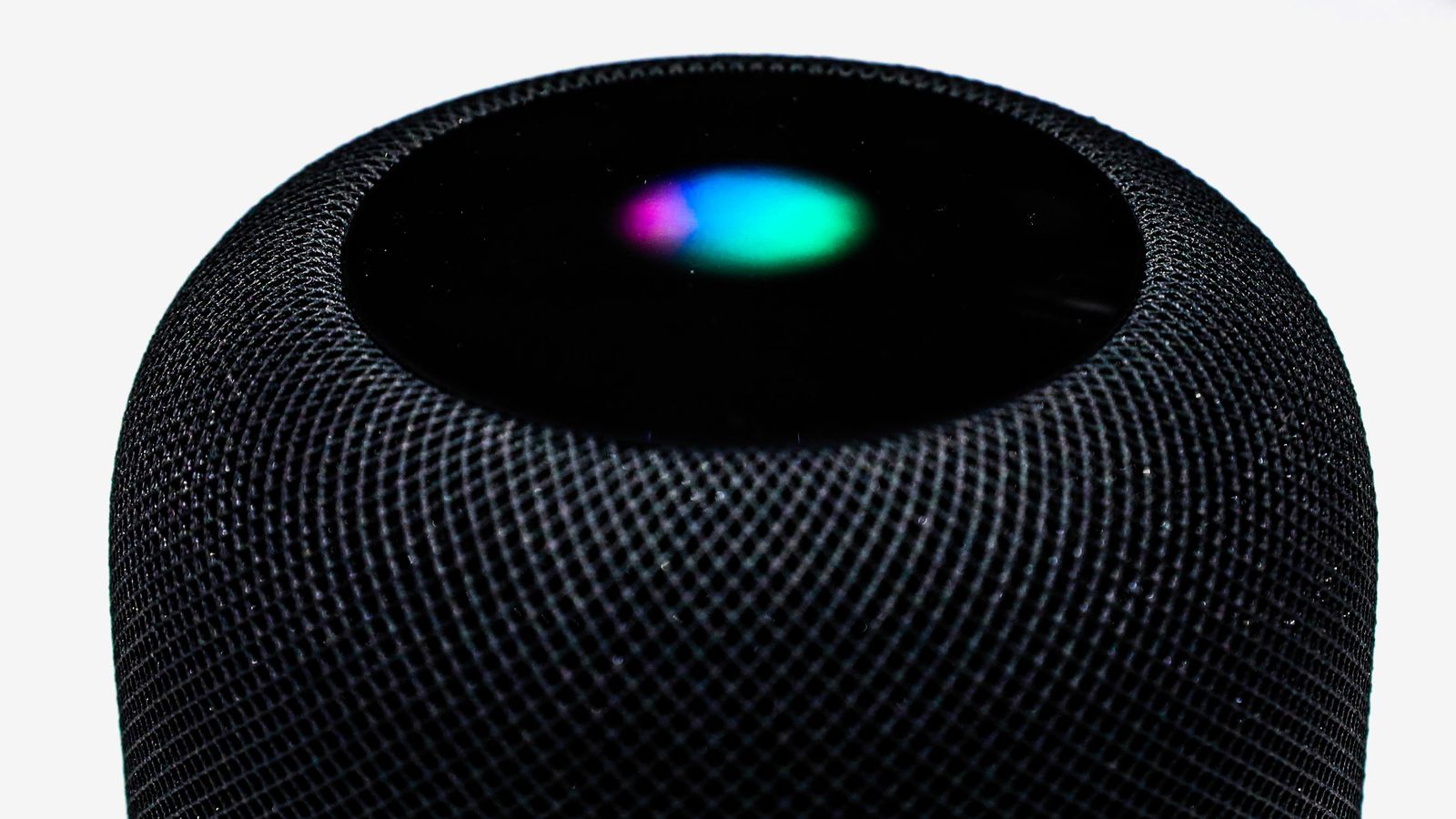Last week, we brought here targeted criticisms Crab carried out by one of its creators, who was separated from her at the time of the acquisition of the assistant by Apple. Now the The Information it brought an in-depth report with interviews of former Ma employees involved in the development of the tool inside Cupertino and the scenario painted by the professionals is not at all beautiful.
Former employees who, for obvious reasons, remained anonymous were almost unanimous in stating that the launch of Siri, in the iPhone 4s, was hasty: the technology was not ready for the debut, the code was a mess and Apple teams did not even have a consensus on what the role of the digital assistant in their ecosystem should be.
After the launch, an internal debate started about the nature of the tool: should Apple continue to develop (and repair along the way) a product with flaws in its own foundation or was it better to end it and start the project from scratch?
Warning of Steve Jobs, which closely followed the development of Siri before its launch, was typically Jobsiana: making a closed product, without integrations (initially, at least) and excellent in a small number of tasks. This opinion was shared by Scott Forstall, then head of iOS development, but had dissidents within the company itself, who claimed that Siri's potential was to be something much bigger and more powerful, possibly with the ability to be integrated with third-party services right after its launch.
Jobs died one day after the launch of the iPhone 4s and Siri and, according to the former employees interviewed, the tragic event was the catalyst for the assistant's errant course. "They lost their sight," said one of the professionals. "They couldn't see the whole thing."
 Steve Jobs and Scott Forstall
Steve Jobs and Scott ForstallIt was what Forstall, busy with other parts of iOS and the development of (initially ill-fated) Apple Maps, put Richard Williamson as head of development for Siri. The engineer adopted a strategy that made many employees wrinkle their noses: update the assistant, giving her new capabilities, only once a year, just as the company does with its operating systems. According to the Siri team, the tool had to gain new tools continuously, as in an online service that is always evolving this created another split in the teams.
To make matters worse, Siri's popularity after its launch “exceeded expectations”, which, as good as it sounds, only exposed the lack of structure that Apple dedicated its assistant. Her code was so messy that it required an enormous amount of servers, and Ma's engineers had to turn over days and nights to keep the service running in high demand. The situation, according to the interviewees, was so strange that an engineer was forced to tamper with Siri's code to alter the operation of a component of the tool that required 500 (!) Servers just for him; after reconstructing the task, that number dropped to just 5.
After that first catholic year (in which, according to the interviewees, Siri did not evolve a straw), things changed: Adam Cheyer, one of the creators of Siri who was hired by Apple after the acquisition of the tool, left the company in early 2012 when he realized that his vision of the assistant would never be realized. Towards the end of the year, Forstall and Williamson also packed up and left Apple the main reason, it is speculated, was the disaster of the launch of Apple Maps, but Siri may also have been a major factor in the layoffs.
In 2013, Apple bought the Topsy, a company dedicated to tweets whose technology has been adapted to enhance features such as Spotlight and, of course, Siri itself. The newly arrived team was startled by the digital assistant's infrastructure, which, according to them, "had been patched here and there but never completely replaced" since the launch.

Then, the following year, the turnaround came: the Siri team saw Amazon launch the Echo speaker with digital assistant Alexa and then discovered that, in another corner of Cupertino, a team entirely different from Apple was developing a product that would become the HomePod. Yes: up to a very advanced point in the genesis of the speaker, the Siri team had no idea of its existence. It was even considered that the HomePod would be launched without assistant support, such was the desire of other Apple teams to avoid the mess installed there, some sources said.
Now, according to the report, the challenge is to make SiriKit (the API for integrating the assistant with third-party services) take off, something that has not yet happened. The task is formidable because, according to former employees, Apple remains primarily a design and hardware company, not a service company, as it likes to put itself sometimes. This can cause problems like all of the ones we've seen in the paragraphs above. Now we will have to wait and see what the future holds Siri.
via MacRumors
Update 03/14/2018 s 23:55
The report is already causing controversy among Apple employees and former employees. The engineer Dag Kittlaus, one of the creators of Siri who went to Apple at the time of his purchase, totally denied a statement made by Richard Williamson in the matter.
Williamson's statement was as follows:
After the launch, Siri was a disaster. It was slow when it didn't even work. The software was plagued by serious bugs. These problems were the sole responsibility of the original Siri team, certainly mine.
Seeing this attempt by Williamson, in good Portuguese, to take his off the straight, Kittlaus went to Twitter and spared no words in a reply to Jessica Lessin, editor in chief of the The Information:
This statement, wholly false, was made by the architect and head of the biggest launch disaster in Apple history, Apple Maps. In reality Siri worked great at launch but, like any new platform under unexpectedly massive load, required scaling adjustments and 24 hour workdays.
– Dag Kittlaus (@Dagk) March 14, 2018
This statement, totally false, was made by the architect and mind behind the most disastrous launch in Apple's history, Apple Maps. In reality Siri worked very well at launch, but, like any new platform under unexpectedly high demand, it required scale adjustments and full working days.
Then, in response to a tweet by John Gruber, from the blog Daring Fireball, Kittlaus explained his point:
John, I took no pleasure in making that quote, not my style, but that was so blatantly wrong I couldnt stand by and let it go. @StevenLevy said it best in his reply.
– Dag Kittlaus (@Dagk) March 14, 2018
John, I had no pleasure in making that statement, not my style, but it was so blatantly wrong that I couldn't ignore it and let it go. @StevenLevy said it all in his reply.
The answer by Steven Levy (American technology journalist) mentioned by Kittlaus was this one:
That quote is kind of amazing. Even if true (and I believe Dag) brazenly pushing blame to someone else for a product you were responsible for is a very bad look.
– Steven Levy (@StevenLevy) March 14, 2018
This quote is kind of impressive. Even if it's true (and I believe in Dag), blatantly blaming the failure of a product that you were responsible for on someone else is a very ugly thing.
Apparently, they released the dogs among the original Siri gang. Let's see the next chapters of this story
